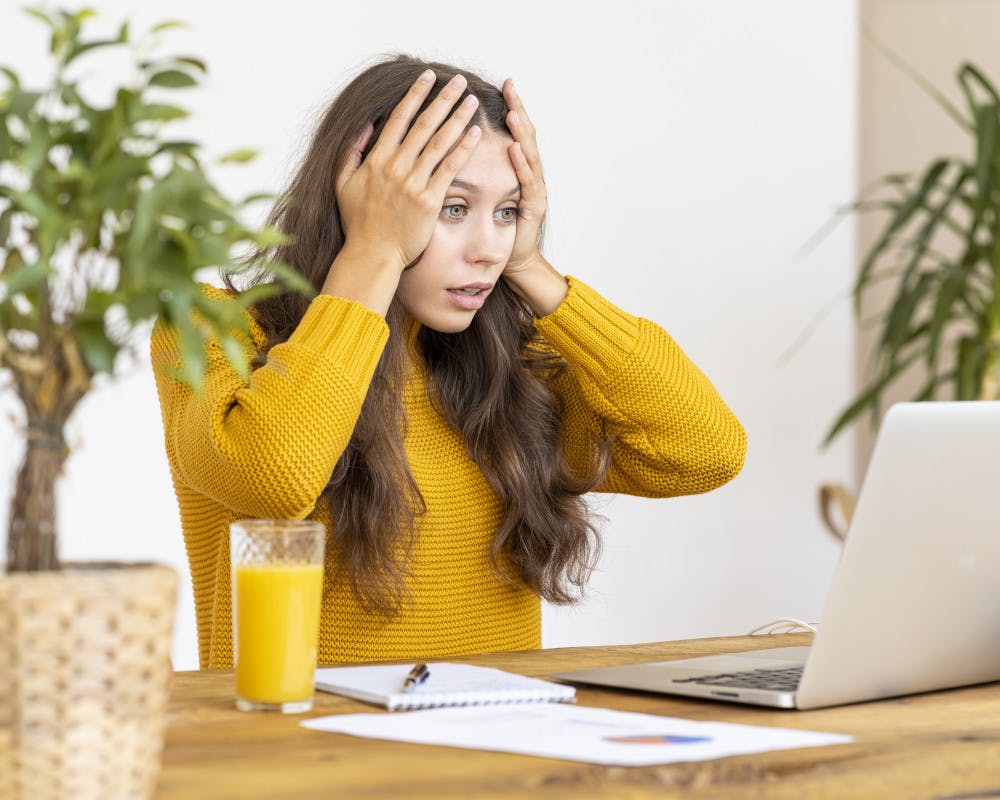By Jane Bowden
Features Editor
I thought I knew what mental disorders looked like for most of my life.
Anxiety was like what I had seen in movies –– panicked hyperventilation that could only be quenched by breathing in and out of a brown paper bag.
An eating disorder was what I had seen in TV shows –– malnourished or overweight girls pinching their sides in front of a mirror, refusing to eat even a morsel.
Depression was what I had read in books –– characters unable to crawl out of bed, eat a full meal or laugh for weeks, months or years straight.
The media told me that in order to have a mental disorder, you had to check off every visible, severe symptom. There was no scale. You were either on the brink of a mental breakdown or you were just overreacting.
However, when I started to experience symptoms of depression, anxiety and an eating disorder as a freshman in community college, what I thought I knew about mental disorders began to change.
Feelings of hopelessness and loneliness, restriction in diet, suicidal thoughts and attempts, uncontrolled anxiety attacks, self-harming behavior –– each of these, and more, were symptoms I began to experience on a regular basis for a year and a half.
But I didn’t believe there was something wrong. I was still able to maintain above-average grades, work a part-time job, be in a romantic relationship and continue to portray the assumption that I was okay –– all aspects that the media had told me people dealing with a mental disorder couldn’t do.
When people would question the scars on my wrist and ankle or wonder why I wasn’t eating full meals, I eased their concerns with lies by saying, “my dog scratched me” and “I ate earlier.” I still had days where I felt happy, and I still ate small snacks in the morning to the point where I didn’t think I was technically starving myself. I thought there was nothing wrong.
Even after I began seeing a therapist during sophomore year, I still didn’t feel like I was suffering enough that I should be seeking help. I felt that I was being overdramatic.
However, ever since I started being open about my personal struggles, I discovered the most important thing about mental health –– everyone’s feelings are valid, even if they don’t appear as severe as others.
Each of us are battling our own demons. The people you pass by on your way to class, the people you brush shoulders with in your local supermarket or even the people you only follow on social media.
While there are many people who do fit the media’s portrayal of mental disorders, there are also many people who suffer in silence, regardless of their gender, race, sexuality or social status. From those who have trouble speaking in front of a classroom to those who find it difficult to live, mental health is a scale or a spectrum of symptoms that anyone can be susceptible to. Even the happiest, most successful and most loved of people can still struggle.
This highlights the importance of treating everyone with kindness –– even the people you dislike or find annoying –– because you never know what a person is going through.







